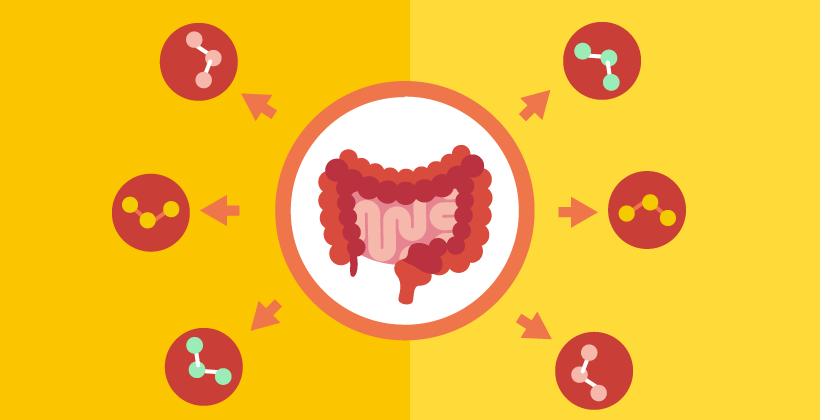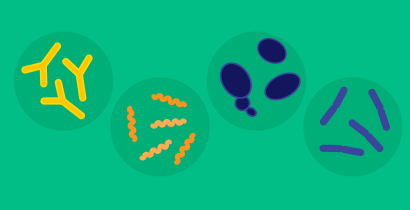Transforming healthier food for a healthier planet: World Microbiome Day 2023 shines a spotlight on microbiomes for sustainable & healthy diets
Last Updated : 29 May 2023Diet and food choice play a crucial role in 'feeding' our microbiome- and the trillions of micro-organisms that make up this complex system. To raise awareness of this crucial topic, this year's World Microbiome Day, which takes place once again on June 27th, and is organised by APC Microbiome Ireland and the European Food Information Council (EUFIC), will focus on celebrating the microbiome's remarkable role in our lives. World Microbiome Day will develop a set of resources that will be available on their website for people to use and carry out a range of activities, including a special online webinar focusing on the importance of diet and the microbiome in terms of health benefits, food production and looking at sustainable food choices and agri-industry systems.
How to join the World Microbiome Day
The online webinar event will take place on June 27th and is specifically designed for anyone who is interested in learning about the fascinating world of the microbiome from top-notch experts and gain valuable insights on the topic. Participants will have the chance to actively engage with the experts through an interactive Q&A session during the event.
To ensure you don't miss out, we invite you to subscribe to the event here. By joining us, you'll be able to deepen your understanding of how microbiomes impact our lives across diet, health, food production, and sustainability.
These themes will also be explored through a range of resources and social media campaigns, all found at www.worldmicrobiomeday.com. The organisers encourage everyone who is interested to participate via the hashtag #WorldMicrobiomeDay.
How does the microbiome impact our food?
From mothers-to-be to infant food and all the way through our adult lives, the range of food types and what we consume impacts the shape and composition of our microbiomes, which in turn has a major influence on our health and well-being, both physically and mentally.
This is a fascinating and still relatively new and emerging area of science and is being explored by institutions such as APC Microbiome to understand it better, help educate us on food choices, and through smart science, develop microbiome-based solutions that can be used in functional food ingredients, supplements, and health and medicinal treatments.
Equally fascinating is our growing understanding and appreciation of the benefits that come with having a fresh, natural and diverse diet – from the Mediterranean-style diet rich in fruit, vegetables and healthy oils to the magic of fermented foods such as yoghurt, sauerkraut, kimchi and pickled vegetables.
And we are increasingly conscientious today of the need to have more sustainable food choices and food development systems – from farm to fork; to protect and care for the environment and ecosystems we live in today and for our future generations to come.
The microbiome plays a central and crucial role across all this, from the healthy bacteria we should be eating to reducing food waste and even cutting methane emissions in cattle farming.
ENDS
Background information
APC Microbiome Ireland is a world-leading SFI Research Centre based at University College Cork and Teagasc. It was formed in 2003 with funding from Science Foundation Ireland and in conjunction with key industry partners. APC represents a seamless collaboration between University College Cork and Teagasc (the Irish Agriculture and Food Development Authority).
The European Food Information Council (EUFIC) is a consumer-oriented non-profit organisation founded to make the science behind food and health more accessible and easier to understand among the public. EUFIC's mission is to produce science-based content to inspire and empower healthier and more sustainable diets and lifestyles among European citizens.
Resources for lay audiences
Contacts
John Gallagher, APC Microbiome Ireland, JohnGallagher@ucc.ie
Carlos Abundancia, EUFIC, carlos.abundancia@eufic.org



